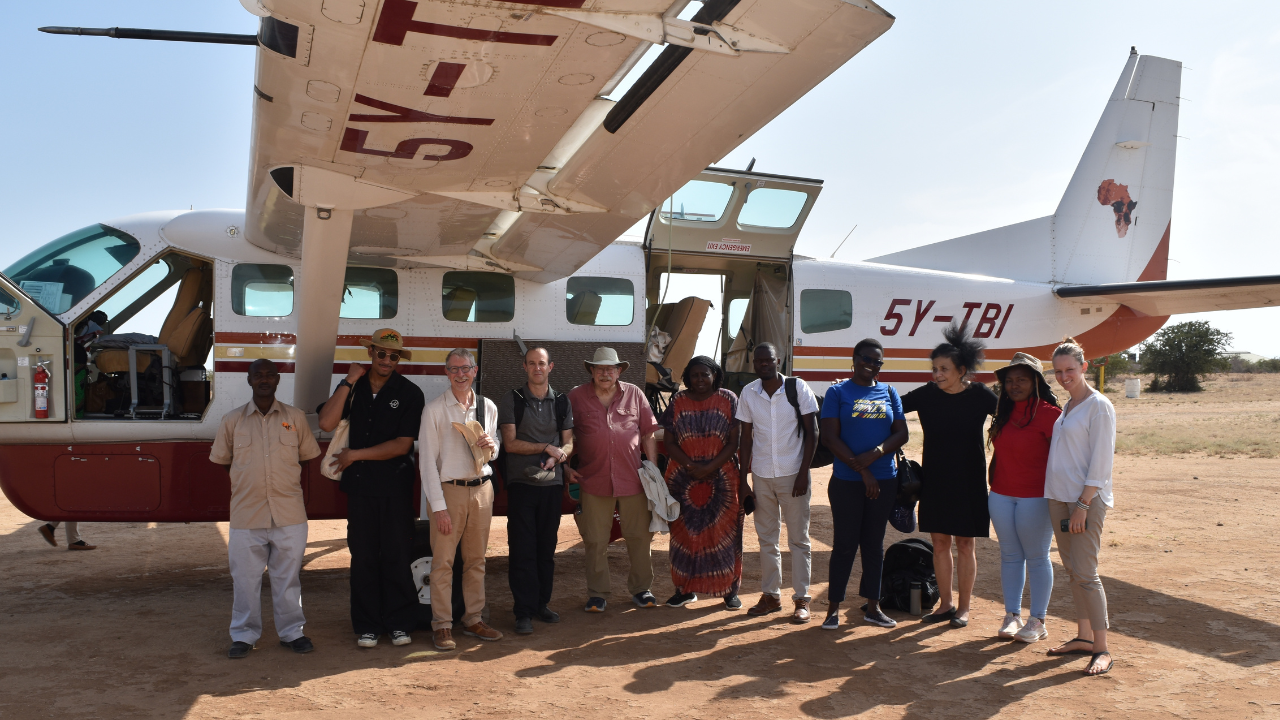Resolving the catastrophic impact of climate change is increasingly becoming a multi-disciplinary and inter-disciplinary exercise as its effects transcend beyond environmental degradation to poor health outcomes, economic instability, increased psycho-social issues, to political instability. In an attempt to inspire modern knowledge-based solutions that address climate change for future leaders for a healthy planet, Columbia Climate School launched the Climate Action Collective which studied the existing models, partnerships, risks and assets supporting climate action in more than ten countries (including Kenya) where Columbia already has its presence through the Global Centers and ICAP Offices and these efforts were led by Columbia World Projects.
An additional funding from the Columbia World Projects has extended this dialogue with academics, and research experts, as the Nairobi Center conducted a high-level 4-day research workshop, from June 27 - June 30th, 2023 based on the Center's ongoing project: Learning from the Past to Inform a Resilient and Sustainable Future: Human and Environmental Adaptation to Climate Change. The project looks into the intersections between climate, climate change, health, water, food and nutrition, agroecology, human wellbeing and resilience to create a substantiated, research-based decision-making platform that reflects on Northern Kenya's archeological past and the present.

